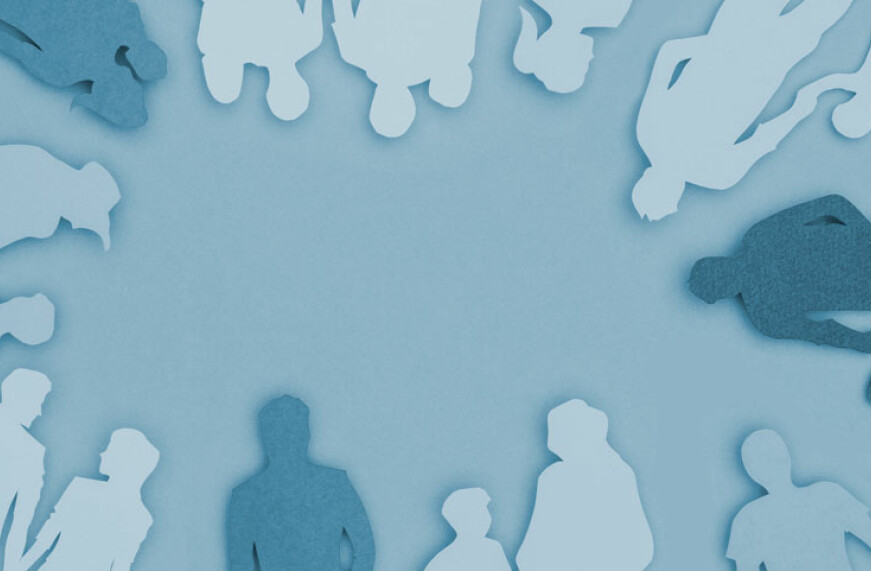Not Made for Fame

I hope that this letter finds you well fed and in a place of contentment following Thanksgiving. In last week's Friday letter we reflected a bit on some of the difficulties the Holidays can bring. I pray that yours was a time of joy. If it was or is hard, I pray that you are finding Jesus' presence in the empty place.
For some reason this week I am thinking fame and its opposite, an ordinary life. Perhaps it is holiday movies hitting the cinema or maybe it is the chance for celebrity immortalization in "The Game" set to be played tomorrow, but most of us want to leave a mark on the world. We long for the adulation of others. We want to be seen as special, to be known and loved by all. And why shouldn't we long for this? After all, we live in an age where anyone can write and publish whatever they want to the web. People with an iPhone can become influencers and TikTok celebs. Our young athletes are coddled and celebrated. Maybe we can have it all?
But do we really want this? After all, happiness does not seem to be commensurate with "success". People regularly reach the top only to find it empty, or lonely. How often do we read biographies like the one recently authored by Brittany Spears that speak to the absolute misery that came with fame. How often do the ones that seem to be universally loved in truth feel unequivocally lonely? Sarah Condon in her own reflections on fame says the following, "In truth, we were not made for fame. Being famous ultimately means being responsible for other people’s lives. It means taking on the pressures of the world. And it means being loved by people who do not really love you. Because they do not really know you. And this is the worst kind of love to be offered."
Surely this is why God's word encourages a different attitude. To the scribe Baruch in the book of Jeremiah, God says, "And do you seek great things for yourself? Seek them not ..." (Jer. 45:5). David, who of course ascended to the throne, speaks beautifully of humble contentment in Psalm 131:1–2, "O LORD, my heart is not lifted up; my eyes are not raised too high; I do not occupy myself with things too great and too marvelous for me. But I have calmed and quieted my soul, like a weaned child with its mother; like a weaned child is my soul within me." Perhaps this is the secret to Thanksgiving? As we resist the allurement of having it all and rest in the enjoyment of the ordinary, we find that are hearts are filled with real joy. We find that we are loved as we are known. We find that each of us is indeed special in our own place.
In the book of Ecclesiastes, Solomon explores these same questions of success, fame and happiness. Early in the book he says that he had reached the top, he achieved all, denied himself nothing, and found it to be only emptiness, a chasing after the wind. (cf. Eccl. 2:9-11). In his wisdom, Solomon sought the secret to happiness. Repeatedly what he found is that simple contentment that returns thanks to God for good gifts enjoyed will result in true happiness. Here is how he says it in Ecclesiastes 5, "Behold, what I have seen to be good and fitting is to eat and drink and find enjoyment in all the toil with which one toils under the sun the few days of his life that God has given him, for this is his lot. Everyone also to whom God has given wealth and possessions and power to enjoy them, and to accept his lot and rejoice in his toil—this is the gift of God. For he will not much remember the days of his life because God keeps him occupied with joy in his heart. (vv. 18-20. cf. also 2:24–26, 3:9–13, 22, 8:15). I pray that each of our hearts would be occupied with this joy of Lord!


